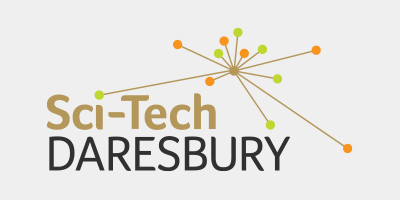Sci-Tech Daresbury’s Media Centre
Sci-Tech Daresbury’s Media Centre supports media professionals with news, events, case studies and publications. We can work with you to provide new and relevant content and images to support your needs, such as, interview opportunities, photos, videos, news releases, press briefings and familiarisation visits.



